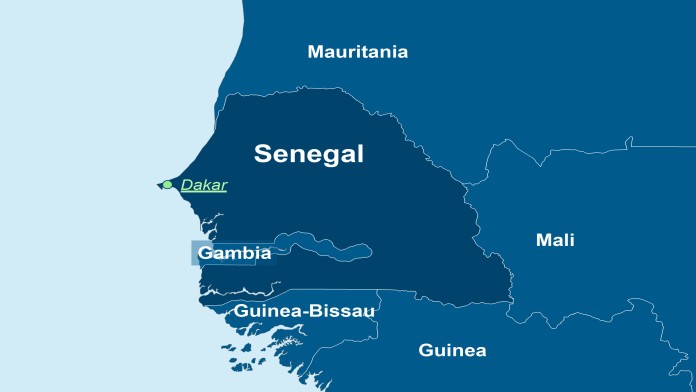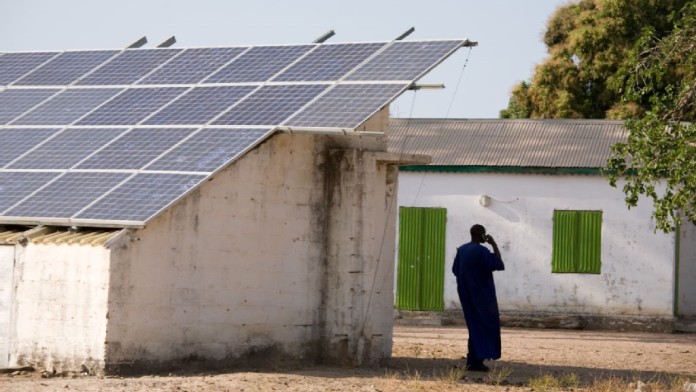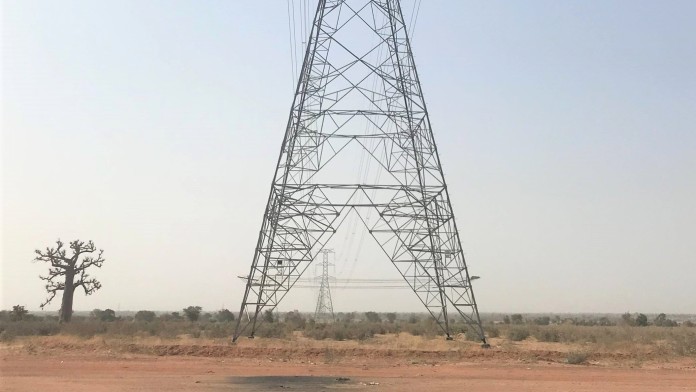
As of: 10/2022
Energy is an essential condition for economic growth. So far, only 51% of Senegal’s rural households are connected to the power grid. There are also frequent power outages in urban areas. But there is sufficient potential, especially for the use of solar energy and wind power. These are still inadequately developed and compete for use with newly discovered oil and gas reserves. On behalf of the German Federal Government, KfW is supporting the expansion of renewable energies in Senegal, which the government is striving for and decisively expanding.

As a poor country, Senegal accounts for only a very small proportion of the world’s greenhouse gas emissions, namely just 0.07%. Climate change, on the other hand, is hitting the country hard, for example through prolonged droughts or more frequent flooding. After agriculture, the energy sector contributes the most to greenhouse gas emissions at 38%. The government has set itself the goal of connecting every household to the power grid. To date, only just over half of the population in rural areas has access to electricity. The expansion of the grid will increase greenhouse gas emissions. At the same time, Senegal is striving for a strong expansion of renewable energies. The potential is there. However, priority is also being given to the use of newly discovered oil and gas reserves off the coast so that, in the long-term, renewable energies will only contribute 12% to the Sengalese electricity mix. Until 2021, the state-owned company SENELAC had a monopoly on the purchase, distribution and transmission of electricity. This has now been lifted so that the energy sector can be liberalised.

On behalf of the German Federal Ministry for Economic Cooperation and Development (BMZ), KfW is supporting Senegal in meeting its growing energy needs in an environmentally friendly, secure and cost-effective manner. It promotes access to electricity, the use of solar energy in particular and the increase in energy efficiency. For this reason, it is financing large-scale solar power plants that feed into the national power grid on the one hand, and seven decentralised, rural stand-alone grids in remote regions on the other, which will not be connected to the central power grid in the medium term.
The strong and rapid expansion of renewable energies poses new challenges for the Senegalese electricity sector. Sun and wind are not continuously available, and electricity generation from these sources fluctuates. To compensate for this, an innovative battery storage system is being installed, which will serve as an operating reserve that can be quickly mobilised. This will avoid overloading the power grid, reducing power outages and damage to the grid. In addition, the electricity grids in nine district towns have been rehabilitated so that electricity losses are minimised. Prepaid electricity meters and smart electricity meters are also being installed, making the billing process easier and giving citizens a better overview of their consumption. Additional households have been connected to the grid.
The expansion of renewable energies in Senegal is of strategic importance in order to reduce dependence on imported fossil fuels and ultimately to reduce electricity costs. It also contributes to decarbonisation and cutting down greenhouse gas emissions.
The expansion of renewable energies and energy efficiency measures ensure improved access to energy for broader sections of the population, which also increases income opportunities and employment. Reducing power outages through better integration of renewables makes the supply more reliable. Switching to climate-damaging power sources such as diesel generators is avoided. The projects in the energy sector contribute to reducing carbon emissions and thus to global climate action.
A 23MW photovoltaic system was installed in the Diass region south of Dakar. It is complemented by seven decentralised, rural stand-alone grids with small photovoltaic and hybrid systems, which have a total capacity of 2MW. In addition, the electricity grid was rehabilitated in nine cities and additional households were connected.
The project contributes to the achievement of these following United Nations Sustainable Development Goals:
KfW Group
KfW Development Bank
Infrastructure and Financial System Development West Africa